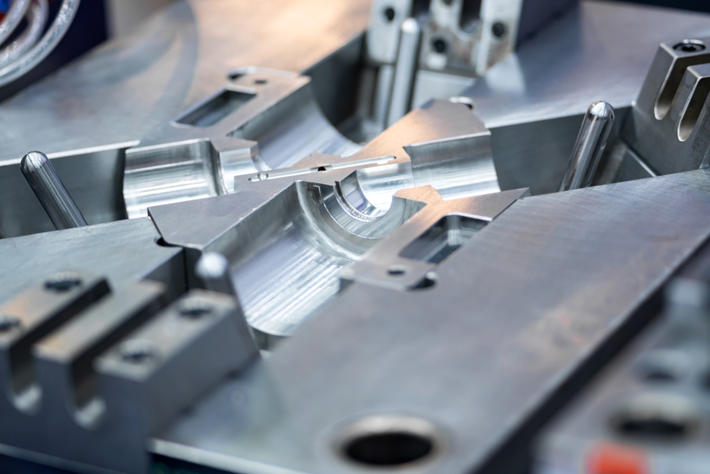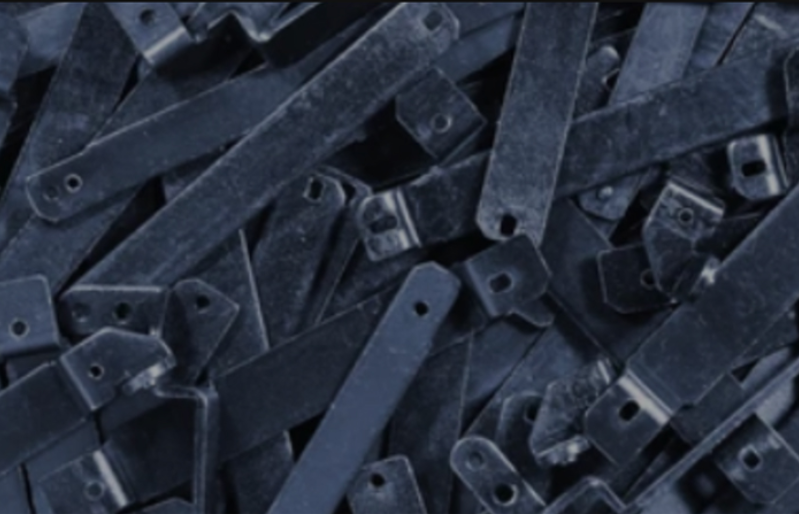Die casting is a popular manufacturing process used to produce complex metal parts with a high degree of accuracy and precision. The process involves forcing molten metal into a mold cavity under high pressure, and then allowing the metal to solidify into the desired shape. This process is used in a wide range of industries, from automotive and aerospace to consumer electronics and medical devices.
The art of die casting lies in the design and creation of the mold cavity. The mold must be designed to allow for the flow of molten metal, as well as the proper cooling and solidification of the metal. The mold must also be able to withstand the high pressures and temperatures involved in the process without warping or deforming. The design of the mold can greatly impact the quality and consistency of the resulting parts.
The science of die casting involves the selection of the appropriate metal alloy for the application, as well as the precise control of temperature, pressure, and flow rate during the casting process. The properties of the metal alloy, such as its strength, ductility, and corrosion resistance, can be tailored to meet the specific requirements of the application. The temperature and pressure must be carefully controlled to ensure that the metal fills the mold cavity completely and uniformly, and that any porosity or defects are minimized.
One of the key advantages of die casting is its ability to produce complex parts with tight tolerances and fine details. This is achieved through the use of high-quality molds and advanced casting techniques, such as multi-slide and hot chamber casting. Multi-slide casting allows for the production of parts with multiple undercuts or complex features, while hot chamber casting is ideal for producing small, intricate parts with high surface quality.

Another advantage of die casting is its efficiency and cost-effectiveness. The process allows for high-volume production with minimal scrap and waste, and can be automated for even greater efficiency. Die casting also offers a high degree of repeatability, ensuring consistent quality and performance across multiple production runs.
However, die casting also has some limitations and challenges. It can be difficult to produce large parts with thick sections or uneven wall thicknesses, and the process may not be suitable for certain materials or geometries. The high temperatures and pressures involved in die casting can also lead to issues such as porosity, shrinkage, and warpage if not carefully controlled.
In conclusion, die casting is both an art and a science, requiring a combination of design expertise, technical knowledge, and skilled craftsmanship. The process offers many advantages for producing complex metal parts with high precision and efficiency, but also requires careful attention to detail and quality control. By continuously improving the design and production techniques of die casting, manufacturers can continue to push the boundaries of what is possible and meet the ever-increasing demands of modern industry.
-

- CNC machined parts Steering bracket
-

- Laptop housing cover C
-

- Thixomolding magnesium parts & components mobile phone middle board
-

- High precision magnesium thixomolding components UAV cover
-

- Bicycle Freehub 12/14/16 Inch Children Bike Low Rider Bikes Magnesium Aluminum Alloy Children Bicycle 3-8 Years Old In Stock
-

- Customized die-casting parts&components

 0086-750-5616188
0086-750-5616188 +86 13392089688
+86 13392089688 sales@zhongmei-tech.com
sales@zhongmei-tech.com







